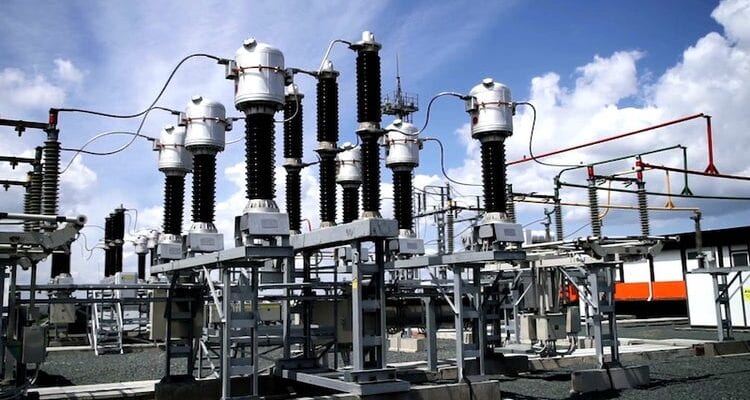In spite of the outcry and the fact that Nigerians are still contending with the recent sudden hike in electricity tariff, the number of the nation’s power plants now out of operation increased to 13 on Sunday.
Information gathered from the Nigerian Electricity System Operator on Sunday showed that 13 out of the 27 power plants on the national grid were not generating any megawatts of electricity as of 6.00am on Sunday.
As at Friday, Olorunsogo II, Omotosho, Odukpani, Ihovbor, Gbarain, Ibom Power, AES, ASCO and Trans-Amadi IPP were the nine power plants that were shut down. They they were joined by Geregu II, Sapele II and Alaoji on Saturday as well as Afam IV & V on Sunday.
Among other reasons adduced for the shutdown of these power plants were gas constraint, low load demand by the distribution companies, maintenance, frequency response and rupturing of gas pipeline.
While total power generation in the country fell to 3,242.4mw as of 6.00am on Sunday from 3,296.5MW on Saturday and 3,549.6MW on Friday, a total of 4,036.5MW of generation capacity was unused as 15 plants suffered gas constraints (2,618MW) and 13 plants could not generate 1,418.5MW due to low load demand by the Discos, according to the system operator.
Egbin, the nation’s biggest power plant, located in Lagos, only generated 390MW as of 6.00am on Sunday, compared to its installed capacity of over 1,000MW.
According to the Transmission Company of Nigeria, the electricity distributed by the Discos during the week averaged 3,419.78MW. The amount of electricity left unused by the power firms stood at 1,281.89MW on August 24 but fell to 1,067MW on August 25.
The Discos did not distribute 1,084.95MW on August 26, and 1,005.55MW on August 27. In the week ended August 30, Discos failed to distribute 8,733.39MW. The amount of unused electricity stood at 1,208.31MW on August 28 but rose to 1,457.21MW on August 29 and 1,628.48MW on August 30.
The system operator put the national peak demand forecast at 28,290MW; installed generation capacity at 12,910.40MW; available capacity at 7,652.60MW; transmission wheeling capacity at 8,100MW; and peak generation at 5,420.30MW.
The distribution and generation companies carved out of the defunct Power Holding Company of Nigeria were handed over to private investors on November 1, 2013, following the privatisation of the power sector.
The Nigerian Electricity Regulatory Commission, in its report on power supply status on all 132/33/11kV interface substation in August, warned Discos against load rejection.
It said, “Discos should be cautioned on deliberate refusal to clear faults on some 33kV feeders within the timeline of eight hours as stipulated in the Reporting Compliance Regulations.
“Discos should also be cautioned against deliberate isolation of some sections of 33kV feeders to limit the loading of the feeders and denying customers electricity services.”
The National President, Electricity Consumers Association of Nigeria and Director, Energy and Utilities Advocacy Centre, Mr Chijioke James, lamented that services from Discos had not improved.
Last week, the Discos announced what they called “new service reflective tariff”, which took effect from September 1, with the tariffs being charged residential consumers receiving a minimum of 12 hours of power supply rising by over 70 per cent.
This came two months after the tariff hike implementation slated for July 1 was halted by the National Assembly, which prevailed on the Discos to shelve the date to the first quarter of 2021 due to the current economic challenges in Nigeria.
James said, “If you increase tariff without services recording an increase commensurate to what consumers are supposed to pay, then it doesn’t tally well, particularly at this time.
“They should have done more to improve services and then consider the increment later because we are still trying to come out of the COVID-19 pandemic.
“As consumers, we are not saying, ‘Don’t increase tariffs.’ We are saying tariffs can be increased when services have considerably stabilised so that people are happy. When you get good service, when they are asking you to pay more, it will not be painful to you. But if the services have not remarkably improved, it is like punishment when they are asking you to pay more.” James further stated.
The regulator said the Discos would only be allowed to charge those customers the new tariffs upon investments that improve the quality of service experience, “thus migrating customers to higher service bands or another order of the commission.”

